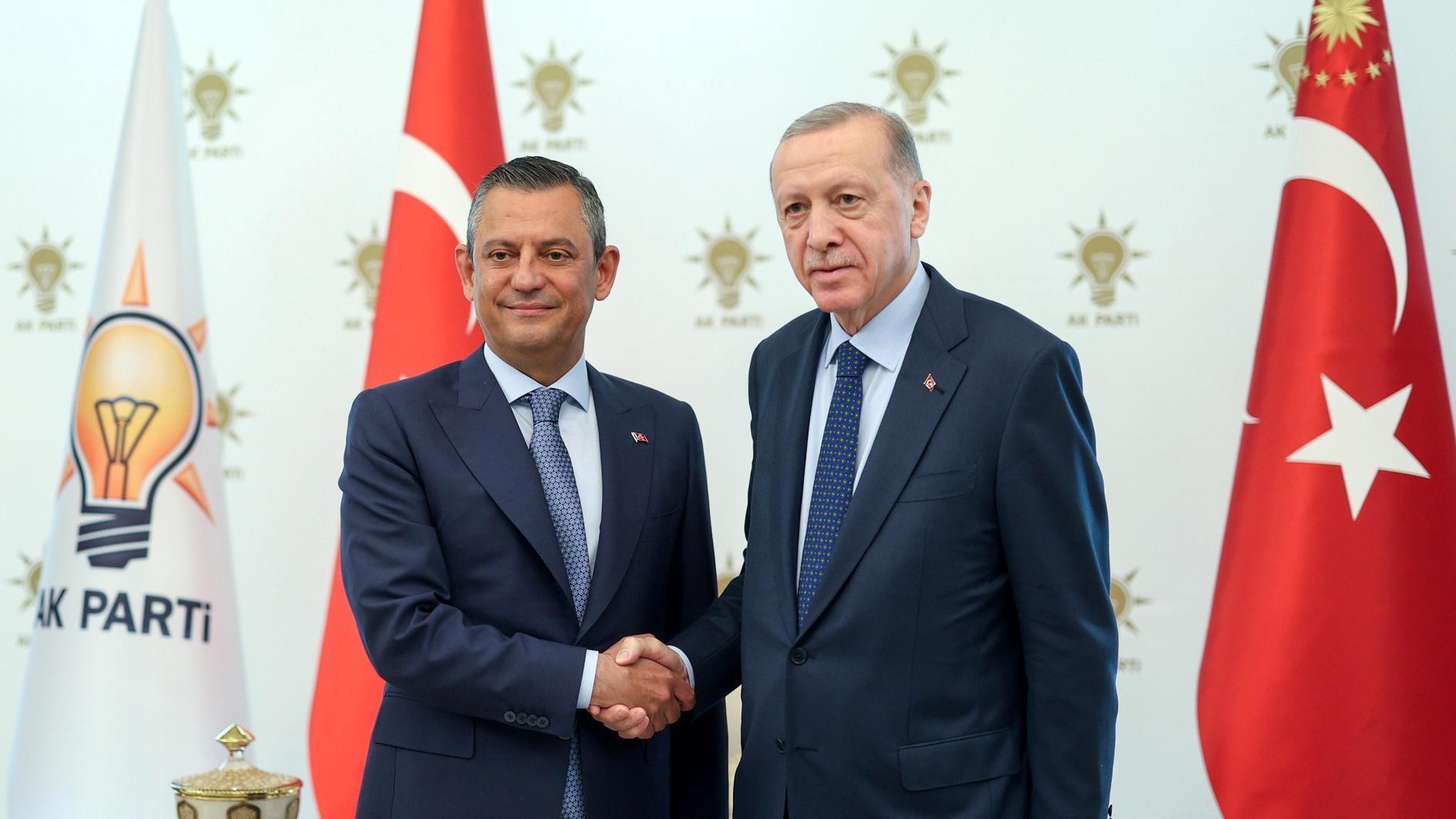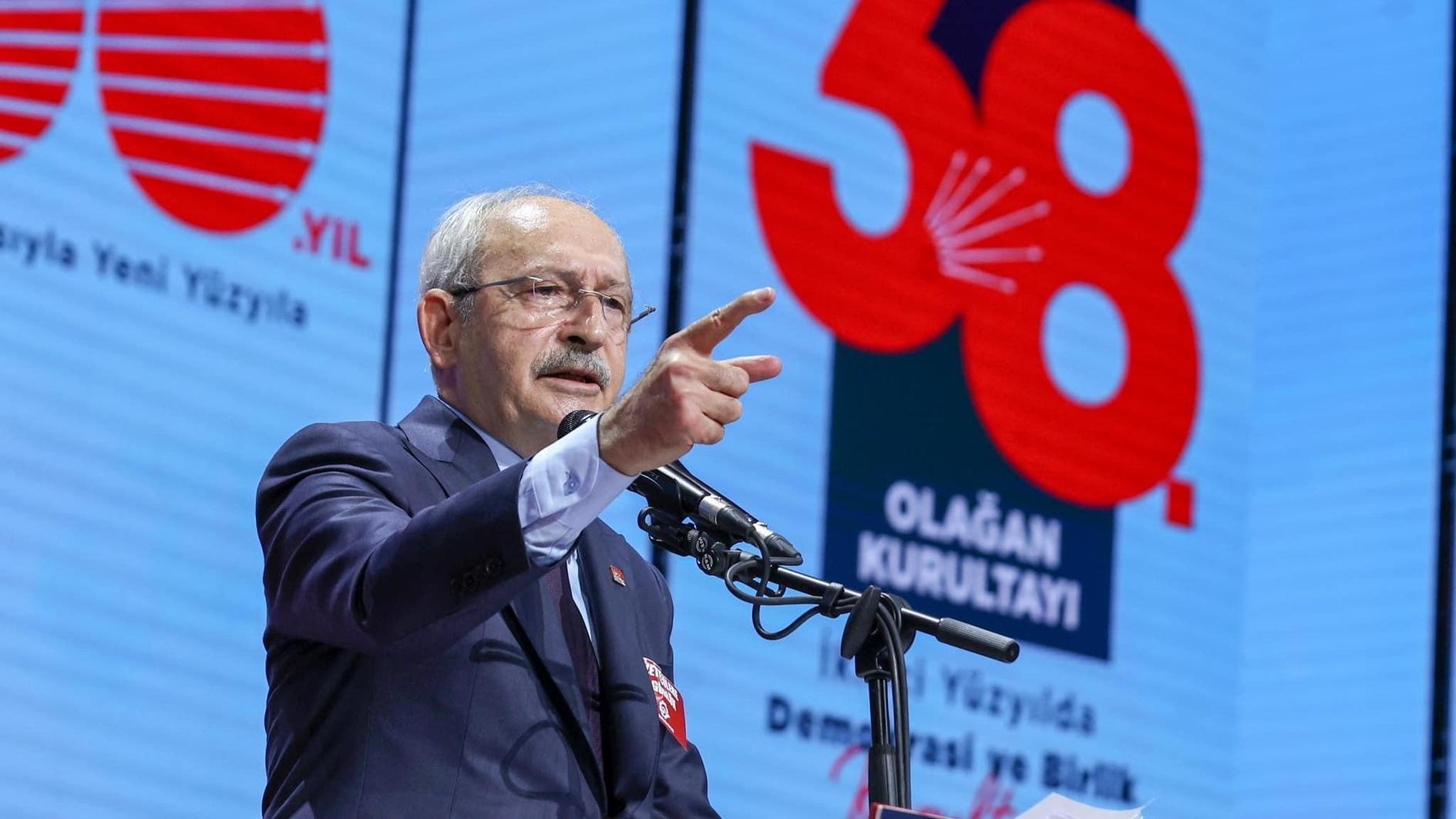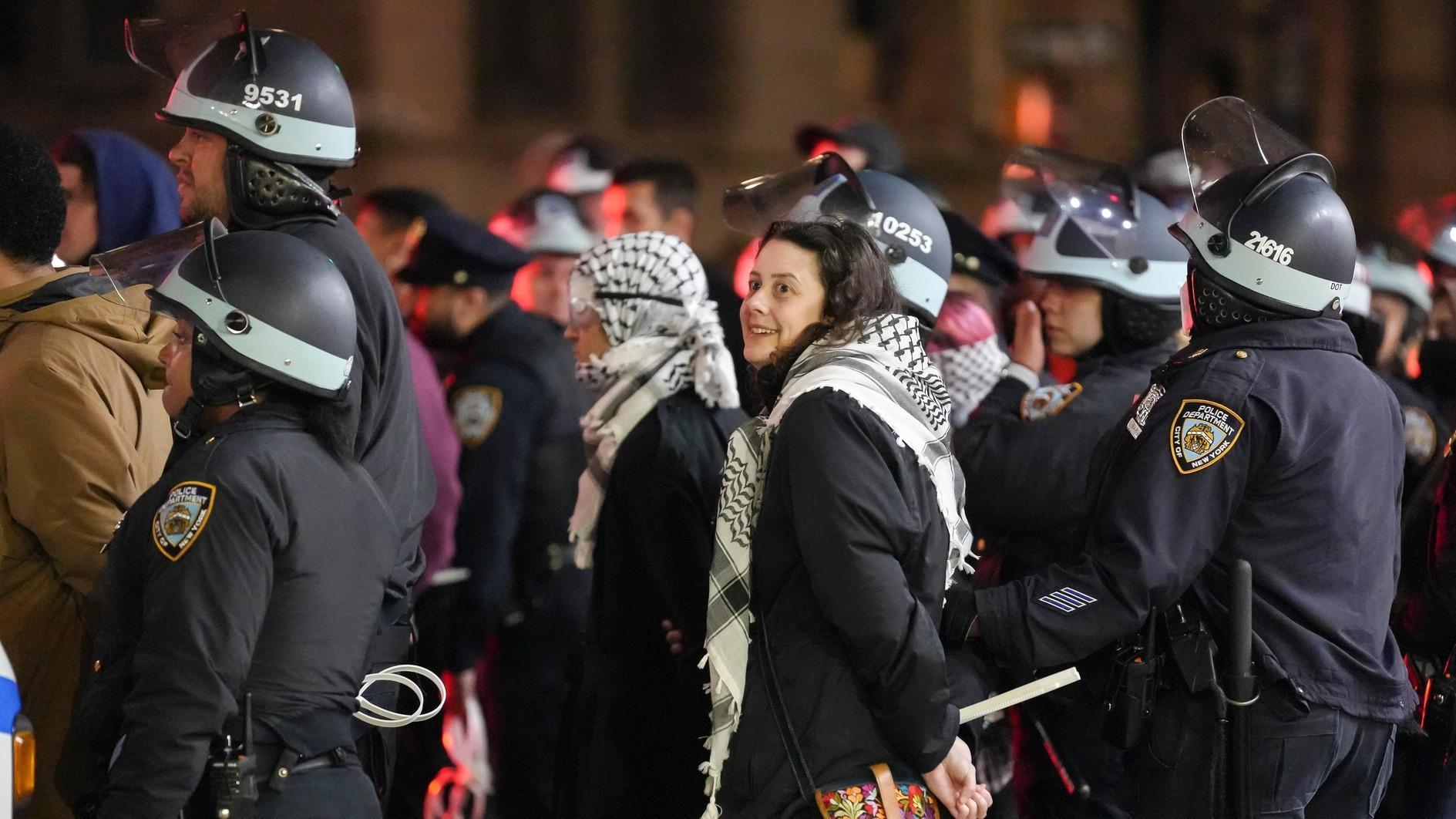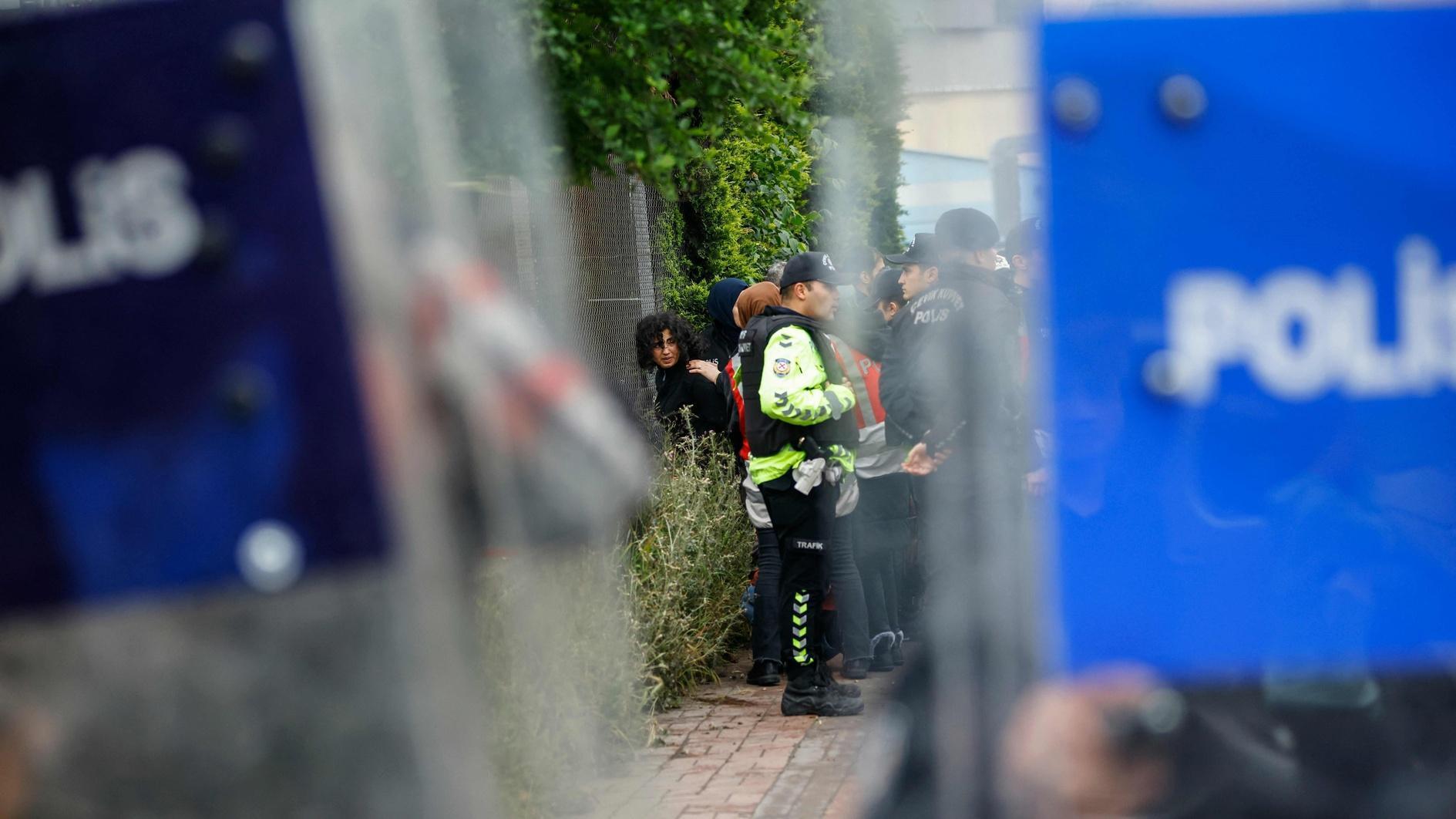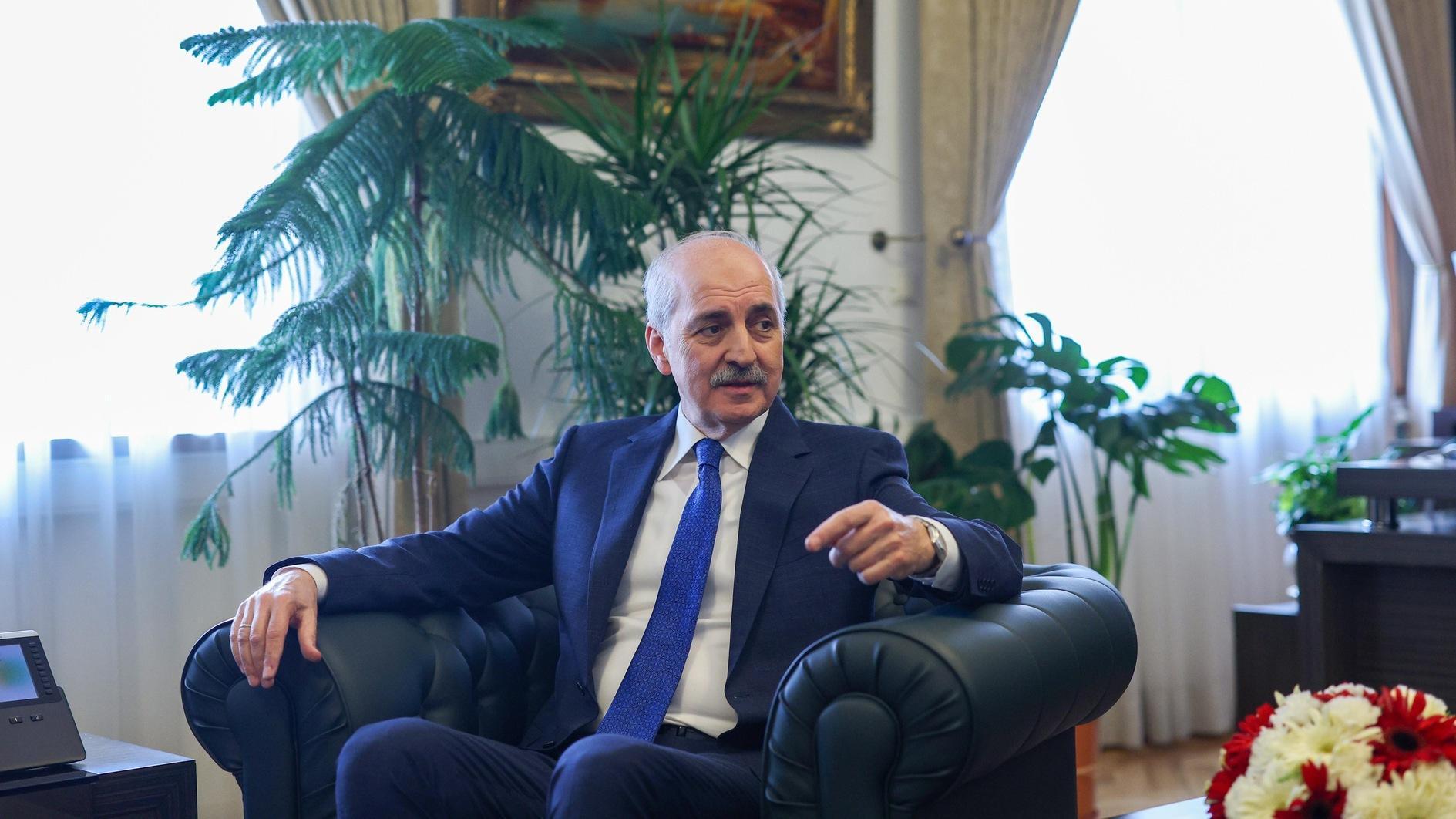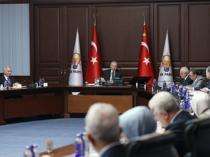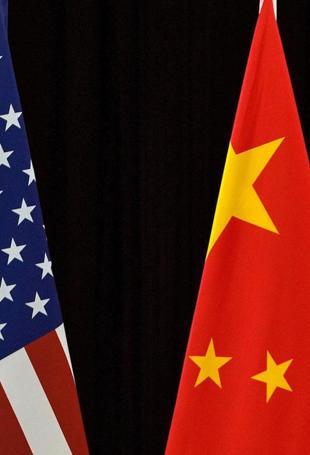Turkish FM Davutoğlu denies dropping peace drive
ANKARA - Hürriyet Daily News
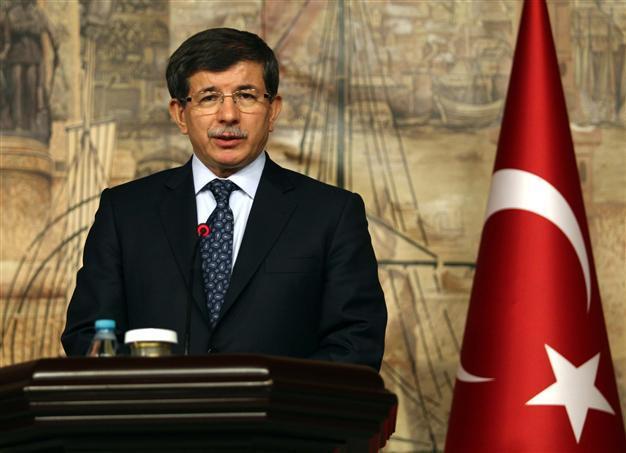
AA Photo
Turkey is not abandoning the language of peace in favor of the language of war on the Syrian crisis, Foreign Minister Ahmet Davutoğlu said yesterday, highlighting Ankara’s recent efforts on international platforms as evidence of its non-belligerence.Ankara’s moves to host a crucial meeting between the P5+1 group and Iran in Istanbul over the Islamic republic’s nuclear program is a clear indication that Turkey is not bent on war, he said yesterday at a NATO foreign and defense ministers’ meeting on Syria.
Davutoğlu also said Turkey’s work in hosting the “Friends of the Syrian People” earlier this month had been instrumental in putting pressure on Syrian President Bashar al-Assad.
NATO foreign and defense ministers examined the fragile cease-fire in Syria yesterday, a day before the Friends of the Syrian People was set to discuss new sanctions against Damascus in Paris.
Davutoğlu briefed his counterparts and urged them not to drop the Syria case from their attention.
“It’s important that Syria has become an item on NATO’s working calendar,” Davutoğlu told a small number of reporters who traveled with him to Brussels. “This time last year we had been talking about Libya and now Syria is on our agenda.”
Developments in Syria, especially those that have occurred since the implementation of the Annan peace plan, which resulted in a fragile cease-fire in the turmoil-hit country, were discussed during the dinner for NATO foreign and defense ministers yesterday.
Recalling that Turkey is also attentively watching developments around its borders, particularly the moves of the outlawed Kurdistan Workers’ Party (PKK), Davutoğlu said that “Turkey was determined to take all necessary precautions to protect the safety of its borders.”
196 killed since cease-fire
Davutoğlu is set to attend the meeting of the Sanctions Working Group of the Friends of the Syrian People, which will be held in Paris today.
“One hundred and ninety-six people have been killed since the cease-fire began,” Davutoğlu said, adding that al-Assad was using the process to buy more time.
For the minister, there are three criteria needed for a real cease-fire in Syria. First, all tanks and heavy military equipment should be withdrawn to their barracks so they cannot put pressure on the people. Second, an effective monitoring system should be built in the entire country and third, peaceful demonstrations should be allowed to take place so that the Syrian people can continue to voice their demands, the minister said. “Otherwise a current picture depicting the status quo would [gain traction], and it would be in favor of the al-Assad regime.”
Annan Plan
The Istanbul meeting of the Friends of the Syrian People was the most important factor behind al-Assad’s acceptance of the Anna plan, Davutoğlu said, responding to criticism that Turkey had not embraced the Annan plan as a preferred option.
“These are alternative to each other,” he said, adding that the Istanbul meeting left al-Assad fully isolated from the international community. “Al-Assad had to accept the plan as a result of the process launched by the friends group, which also led the adoption of the U.N. Security Council resolution,” he added.
Work for dialogue on Iran
“We worked long for the realization of the [Iran] meeting,” he said, adding that the meeting helped diffuse tension in the Persian Gulf and in the Middle East. “When we first initiated talks for this meeting, the entire region was passing through deep tension” in the Strait of Hormuz, between Iran and Israel, in Syria and in Iraq.
“Under these conditions we pushed for the P5+1 meeting,” he said. “We really did work to prepare the grounds for this meeting. It’s the first time that both parties are psychologically positive for an outcome.”
The two missing points for a settlement to the Iran question are political will and mutual confidence, Davutoğlu said, adding that the two parties would establish some mechanisms to provide such confidence before its Baghdad meeting May 23.
“In this sense, whoever talks to me expresses regret over the non-implementation of the Tehran Agreement [or Swap Deal] in 2010,” he said.
“This agreement was aimed at building confidence. Westerners are especially regretful. Now the meeting in Istanbul was important in this sense,” he said.
On April 14, the P5+1 countries – consisting of the U.N. Security Council’s members plus Germany – and Iran met in Istanbul where they agreed to continue talks for a deal on Tehran’s controversial nuclear program. Davutoğlu was not only a host, but served sometimes as facilitator and even as a mediator.
“I may say our role was more than being a facilitator,” he said, without giving details.


